Our Research &
ADVISORY Team
Collaborations and projects worldwide
Founding Director

Shelbie Witte is the Kim and Chuck Watson Endowed Chair in Education and Professor of English Education and Adolescent Literacy at Oklahoma State University. She was previously an Associate Professor and Coordinator in English Education in the School of Teacher Education at The Florida State University. Witte studies 21st century literacies and multi-modal approaches to adolescent literacy learning, particularly the intersection of these literacies and literacy pedagogy. She has published in the Journal of Adolescent and Adult Literacy, Science Education, Voices from the Middle, Library and Information Science Research, and other journals centering on 21st century literacies. She is the co-editor of six books focused on this work, including Writing Can Change Everything: Middle-Level Kids Writing Themselves into the World (forthcoming, 2020), Studying Gaming Literacies (2020), Playing with Teaching (2020), Literacy Engagement through Peritextual Analysis (2019), Towards a More Visual Literacy (2019), and Young Adult Literature in the Digital World (2019). She continues to actively serve as a member of various committees and projects of the National Council of Teachers of English, including co-editing (along with Sara Kajder) Voices from the Middle, the premiere middle-level journal for English Language Arts teachers. She is currently vice-president of the Oklahoma Council of Teachers of English and director emeritus of the Oklahoma State University Writing Project, a site of the National Writing Project. She earned a Ph.D. in Curriculum and Instruction with an emphasis on English Education and Technology from Kansas State University, a M.S. in English Education from Kansas State University, and a B.S. in Instructional Leadership and Academic Curriculum with an emphasis in English Education from the University of Oklahoma.
ADVISORY BOARD
2020-2023
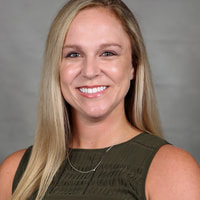
Dr. Crystal Beach currently works at Union County Schools, located in the Appalachian Mountains of Northeast Georgia, where she serves as an ELA teacher, teaching and learning leader, and basketball coach. Over the years, she has presented and published (nationally and internationally) on 21st century literacies, with research interests including literacies, identity, multimodalities, and technologies in the ELA classroom. Her dissertation conducted at The University of Georgia titled, "There’s always room to learn”: Understanding adolescents’ identities and literacies in English language arts and social media," provided implications for both teachers and researchers as they navigate the intersections between adolescents’ multimodal literate identities through social media and the ELA classroom.

Dr. Bryan Ripley Crandall is the Director of the Connecticut Writing Project at Fairfield University where he holds a dual position in the Graduate School of Education and Allied Professions (GSEAP) and English Department in the College of Arts and Sciences. Crandall has 15+ years of urban education experience and has promoted youth to publish, perform, and educate others through the power of oral and written communication. He was a high school English teacher in Louisville, Kentucky, where he became a consultant for the National Writing Project, served on the state’s Writing Advisory Council, and was trained to be a Critical Friends Coach through the National School Reform Faculty. Dr. Crandall is a former Divergent Award winner.
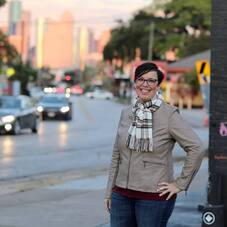
Dr. Jennifer S. Dail is a professor of English education in the Department of English at Kennesaw State University in Kennesaw, Georgia. She also directs the Kennesaw Mountain Writing Project (KMWP), a National Writing Project (NWP) site serving teachers Pre-K through college in all content areas. She has received multiple grant awards supporting the work of KMWP, including an Improving Teacher Quality grant. Prior to joining the faculty at Kennesaw State University in 2006, she taught English education courses at the University of Alabama and taught middle and high school English. Dail served as co-editor of SIGNAL Journal, International Reading Association's journal focusing on young adult literature, from 2008-2013. She is also an active member of several educational organizations, including the National Council of Teachers of English (NCTE) and the NWP. She serves on the board of the Georgia Council of Teachers of English (GCTE) as the Vice President and conference director. Dail has published multiple articles on young adult literature and technology in the ALAN Review and has several book chapters focusing on this work as well. Dr. Dail is a former Divergent Award winner.
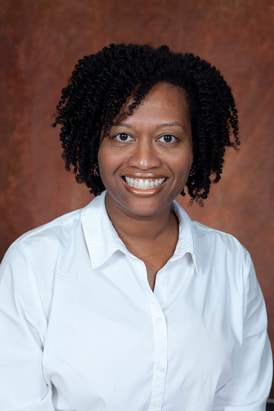
Dr. Kathy Garland (2020-2023) is an Assistant Professor of Educational Technology at Sante Fe College, Florida, where she prepares preservice teachers in undergraduate and graduate programs. Her research is centered on a specific area of 21st century literacies called media literacy education (the study and creation of multiple modes of media). Specifically, she has presented and published on research-based methods for integrating the study of popular culture and other forms of multimedia in traditional secondary English language arts pedagogy. Her dissertation research Literacy Practices in an English Language Arts Elective: An Examination of How Students Respond to Media Literacy Education (2010) suggests that popular culture can and should be used in order to develop students literacy practices. Her academic background includes a B.A. in Secondary English Education from Western Michigan University, an M.A.T. in English from Jacksonville University, and a Ph.D. in Curriculum and Instruction, English Education (with a focus on media literacy education) from the University of Florida.
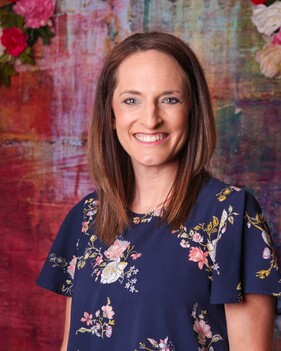
Jolie Hicks is an English Education Program Coordinator and Instructor of English at Southwestern Oklahoma State University, where she teaches Composition I Support, English Composition I, English Composition II, and the Teaching High School English Methods Course. She received a Bachelor of Art in English and a Master of Education in Instructional Coaching, both from Southwestern Oklahoma State University. She is also a doctoral candidate at Oklahoma State University, completing a Ph.D. in Education (option in Language, Literacy, and Culture). She taught high school English grades 9-12 before working in post-secondary education. Her research focuses on digital media education in pre-service teacher curriculum
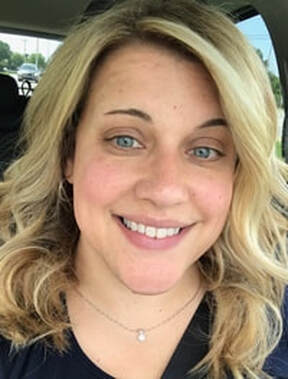
Dr. Sara Kajder is an Associate Clinical Professor in the English Education program at The University of Georgia. A former middle and high school English teacher, her research has examined teachers' pedagogy and students' reading and writing practices with digital media. She received the 2012 James Britton Award for her book Adolescents and Digital Literacies: Learning Alongside our Students. A sought-after national consultant and speaker, she is also the recipient of the first technology leadership fellowship in English/Language Arts. Dr. Kajder currently serves as the co-editor of the NCTE journal Voices from the Middle with Dr. Shelbie Witte. Dr. Kajder is a former Divergent Award winner.
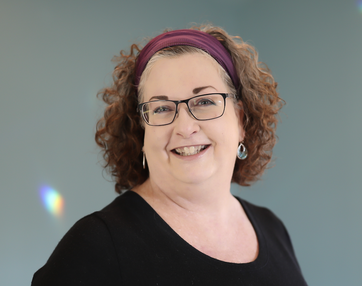
Dr. Dixie Keyes received her Ed.D. from the University of Houston in 2006 and joined the faculty at Arkansas State University as a Professor of Middle Level Education. From 2000 - 2005 she taught high school literature and language arts in deep South Texas and assisted at-risk students in accelerating their reading and writing proficiency. Before that, Dr. Keyes taught middle school language arts also in South Texas, working with second language learners while she worked on her master's in Reading. Dr. Keyes has provided professional development sessions to public school teachers (profit-free) throughout South Texas in reading and writing instruction, reflective practice and models of teaching. She is an Arkansas state ALAN (Assembly on Literature for Adolescents of NCTE) representative and is currently involved in conducting narrative research regarding teacher curriculum-making with critical literacy for middle level learners. Her research focuses on teacher knowledge, the narratives involved in their curriculum-making, all embedded in issues of adolescent literacy and critical pedagogy. She is also the Director of the Arkansas Delta Writing Project at ASU.
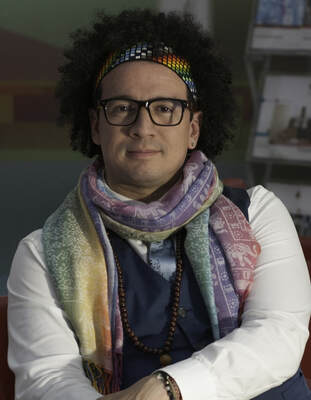
Dr. Rául Alberto Mora is an Associate Professor of English Education and Literacy Studies at Universidad Pontificia Bolivarniana in Medellin. At UPB, he teaches undergraduate and graduate seminars on teaching methods, literacy, and qualitative research, and helped create the MA in Learning and Teaching Processes in Second Languages, program that he coordinated between August 2013 and June 2016. His current research explores second language literacies in urban spaces and gaming communities in Medellín, the pedagogical implementation of alternative literacies in second-language education, the use of transmedial discourse in sociocultural studies, and critical frameworks for English Language Teaching in Colombia, topics he develops with his research team at the Literacies in Second Languages Project (LSLP). Dr. Mora holds a B.A. in Modern Language Education from Universidad Pontificia Bolivariana, an M.A. in Teacher Education (as a Fulbright Scholar), and a Ph.D. in Language and Literacy, both from the University of Illinois at Urbana-Champaign. Dr. Mora is a former Divergent Award winner.
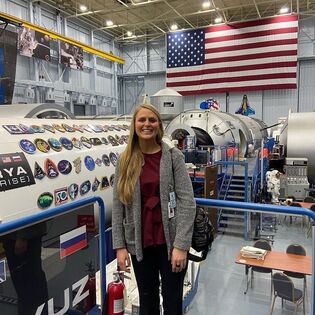
Dr. Kalianne L. Neumann is an Assistant Professor of Educational Technology at Oklahoma State University who has 10 years of secondary (grades 6-12) teaching experience and five years of teacher professional development experience. She designed, developed, published, and used a design-based research approach to iteratively research the design and learning effects of her Google Docs add-ons (Revision Assistant and Revision Assistant, too) on middle school students. Neumann's interests include the development of revision task schema, PK-12 technology integration, design-based research, makerspaces, technology integration professional development, and educator preparation.
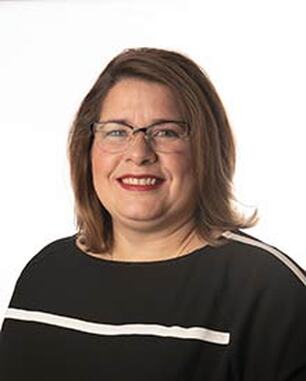
Dr. Natasha Perez is an assistant professor of literacy education in the Department of Urban Education at the University of Houston, Downtown. Dr. Perez holds a Doctor of Philosophy degree in Curriculum and Instruction and Teacher Education with a Literacy Specialization from Michigan State University, a Master of Education degree in Reading, K-12 from the University of Miami, and a Bachelor of Arts in English from Florida International University. Dr. Perez comes to us from the University of Texas Rio Grande Valley where she taught courses in content area literacy, teaching in diverse classrooms, and English language arts methods. Prior to her doctoral studies, Dr. Perez taught reading and language arts in secondary schools in Miami, Florida. Dr. Perez's research interests center in understanding and improving "the role of school in the language and literacy development of linguistically diverse students." Her most recent publications include, a co-authored chapter, "Constructing literacies in secondary English language arts curriculum: discourses, histories, ethics," in Adolescent literacy: A handbook of practice-based research, and "On the vocation of being human," an online interview for The Journal of School and Society.

Dr. Shanedra D. Nowell is an associate professor of Secondary Education at Oklahoma State University. She taught middle and high school social studies and journalism courses before moving into higher education. Her research interests and publications include work focused on social studies education, Holocaust education, media literacy education, and content area writing.
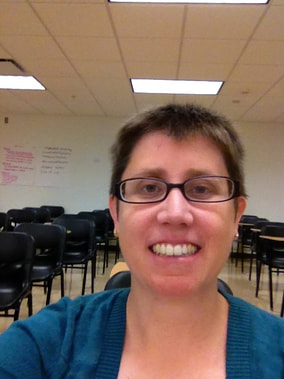
Dr. Amy Piotrowski is an assistant professor of secondary education and English education at Utah State University's Uintah Basin campus. She is interested in how technology impacts literacy, literacy education, and the preparation of literacy teachers. Her work seeks to advance inquiry into how to teach and how to prepare future teachers in an age where the concept of literacy is expanding to include digital texts as well as print texts. She encourages her preservice teachers to include technology, digital texts, and contemporary young adult literature in their future classrooms. She holds a B.A. in English with Liberal Arts Honors from the University of Texas at Austin, a M.A. in English from Middlebury College's Bread Loaf School of English, and a Ph.D. in Curriculum and Instruction with a major in English Education from Florida State University. Her website is at amypiotrowski.com.
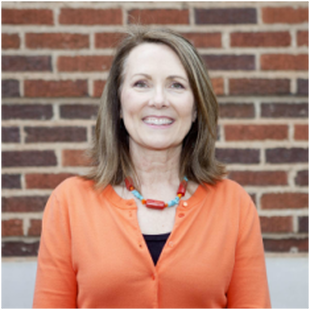
Sheri Vasinda is an Assistant Professor of Literacy at Oklahoma State University. With over 25 years of public school experience that includes elementary classroom teacher, campus reading specialist, and district literacy specialist, she now supports preservice and inservice teachers in developing deep understandings of reading processes and practices and how digital technologies are expanding what it means to be literate. She is curious about what it means to be a teacher in the 21st Century in utilizing new tools and the instructional choices that teachers make at all levels- including her own practice. Her passions include supporting struggling readers and writers through purposeful pairings of new technology tools with traditional literacy strategies and the new opportunities for self-assessment and revaluing of self technologies afford, inquiry and self-determined approaches to learning, and the integration of literacy and technology in disciplinary studies. She earned her doctoral degree and master’s degree from Texas A&M University-Commerce studying Curriculum and Instruction and Reading respectively. She earned her B.S. in Elementary Education with an emphasis in Early Childhood and Special Education from the University of North Texas.
